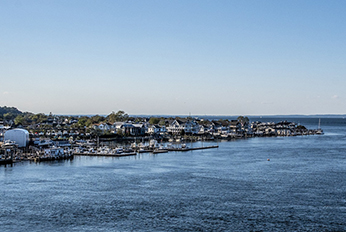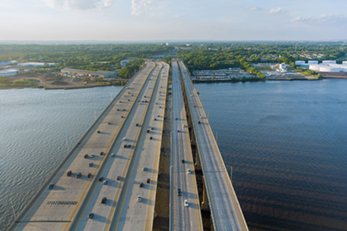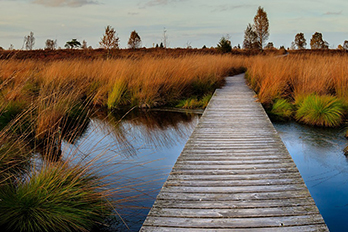Main Content
Learn how to prepare and submit coastal, freshwater wetlands, and flood hazard area permit applications as required by the NJDEP Division of Land Resource Protection.

Course Status Notice – Not Scheduled
We do not have an offering of this course scheduled at this time. Please join our email list to be notified when the next offering is scheduled!
Jump to: Overview | Instructor | CE Credits | Contact Us | Related Courses | Join Email List
Course Overview
On October 5, 2021, the NJDEP’s Division of Land Resource Protection (formerly the Division of Land Use Regulation) will begin requiring all applications for general permits, individual permits, and transition area waivers to be submitted electronically. This class will explain how to prepare and submit electronic applications, including how to prepare and submit site plans with a digital signature and seal. DEP staff will also provide a live demonstration of the online application service, walking you through the entire electronic submission process, step by step.
This class will also address common pitfalls in the application process for coastal, freshwater wetlands, and flood hazard area permits (as outlined below), so that you can avoid these issues in your applications.
Coastal Permit Applications
- Incomplete applications, including missing tidal station datum, engineering certificates, and traffic studies and levels of service
- Addressing certain site conditions, such as common ownership, the legality of existing structures and land cover, and shellfish and submerged aquatic vegetation
- Bulkhead and dock issues, such as bump outs and interference with navigation
Freshwater Wetlands Permit Applications
- Applying for the correct permit
- Sewer Service Area determinations and consistency with the State Water Quality Management Plan (WQMP)
- Applying for a Phase IA report
Flood Hazard Area Permit Applications
- Hydrology issues, such as determining the drainage area, choice of unit hydrograph, and peak flow rate attenuation
- Hydraulics issues, including HEC-RAS warning notes, lengths of study reaches, and floodways and negative surcharge
- Red flag items, including identification of the seasonal high groundwater elevation, culvert openings, and alternative fill
Course Agenda
Day 1: September 28, 2021
| 9:00 – 9:10 am | Welcome and Introductions |
| 9:10 – 9:30 am | An Introduction to Electronic Submissions Benefits to electronic submission The eSubmission rule amendments e-submission metrics |
| 9:30 – 10:00 am | How to Prepare an Application for Electronic Submission Preparing site plans with digital signature and seal New forms Setting up a myDEP account |
| 10:00 – 11:30 am | How to Submit an Electronic Application – Live Demo |
| 11:30 – 12:00 pm | Q & A |
Day 2: September 29, 2021
| 9:00 – 9:10 am | Welcome and Introductions |
| 9:10 – 10:00 am | Common Pitfalls – Freshwater Wetlands Permits |
| 10:00 – 10:50 am | Common Pitfalls – Flood Hazard Area Permits |
| 10:50 – 11:05 am | Break |
| 11:05 – 12:00 pm | Common Pitfalls – Coastal Permits |
Who Should Attend?
This course is recommended for anyone who wants to learn how to prepare and submit electronic applications for the NJDEP’s Division of Land Resource Protection. In addition, environmental professionals whose job responsibilities include applying for coastal, freshwater wetlands, and flood hazard area permits can benefit from attending this course. Past participants have included:
- Consultants
- Ecologists
- Engineers
- Environmental Planners
- Geologists
- Hydrogeologists
- Licensed Site Remediation Professionals (LSRP)
- Permit Coordinators
- Project Managers
- Regulatory Specialists
Meet Your Instructor
This course will be taught by NJDEP staff.
Student Reviews
Most useful aspect of the course: “When the presenter walked through submitting an application through the online portal, step-by-step.”
– Past Participant
“I feel that anyone could navigate the DEP’s online portal after taking this course.”
– Past Participant
“I appreciated the ample time allotted to Q&A for each day of the course. I didn’t feel rushed. Thank you to all the presenters and organizers for running this course!”
– Past Participant
Continuing Education Credits
The most recent offering of How to Successfully File a DLRP Application Electronically was approved for 0.6 Rutgers CEUs (6 contact hours), as well as the following credits from professional organizations. We will reapply for similar credits the next time the course runs, but we cannot guarantee credit approval for future offerings.
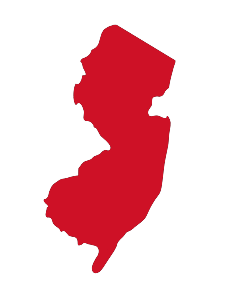 New Jersey
New Jersey
NJ Certified Public Works Managers (CPWM): 3 Technical, 3 Government Contact Hours (Course No. 15662)
NJ Continuing Legal Education: 6.0 CLEs (Course No. 239)
NJ Drinking Water and Wastewater Operators: 6 TCHs (Approval #01-072102-30)
NJ Health Officers and Registered Environmental Health Specialists (HO/REHS): Rutgers University, NJAES, Office of Continuing Professional Education has been approved by the New Jersey Department of Health as a provider of NJ Public Health Continuing Education Contact Hours (CEs). Participants who complete this education program will be awarded 6.0 NJ Public Health Continuing Education Contact Hours (CEs).
NJ Licensed Site Remediation Professionals (LSRP): 2.5 Regulatory and 2.5 Technical CECs
NJ Professional Engineers: 6 Continuing Professional Competency (CPC) Credits
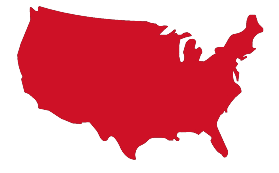 National
National
Certified Floodplain Managers: 6 CECs
Program Questions? We’re Here to Help!
If you have any questions about How to Successfully File a DLRP Application Electronically, please don’t hesitate to reach out to us.

Program Coordinator: Pamela Springard-Mayer
848-932-7463
pspring@rutgers.edu
For registration assistance, please contact our Registration Department at 848-932-9271, option 2 or email registration@njaes.rutgers.edu.
